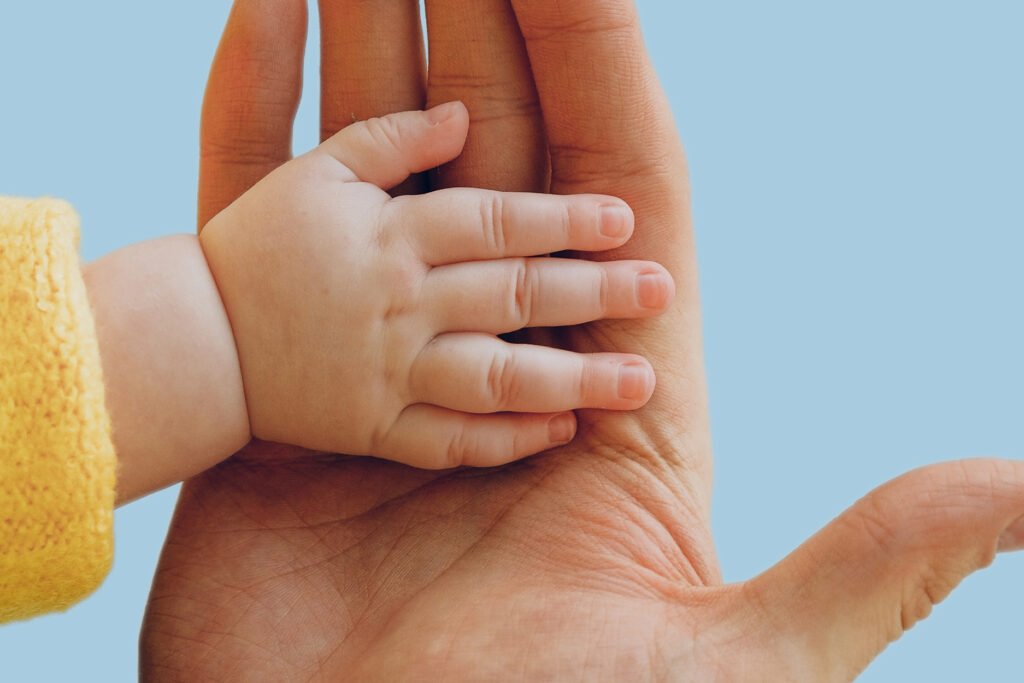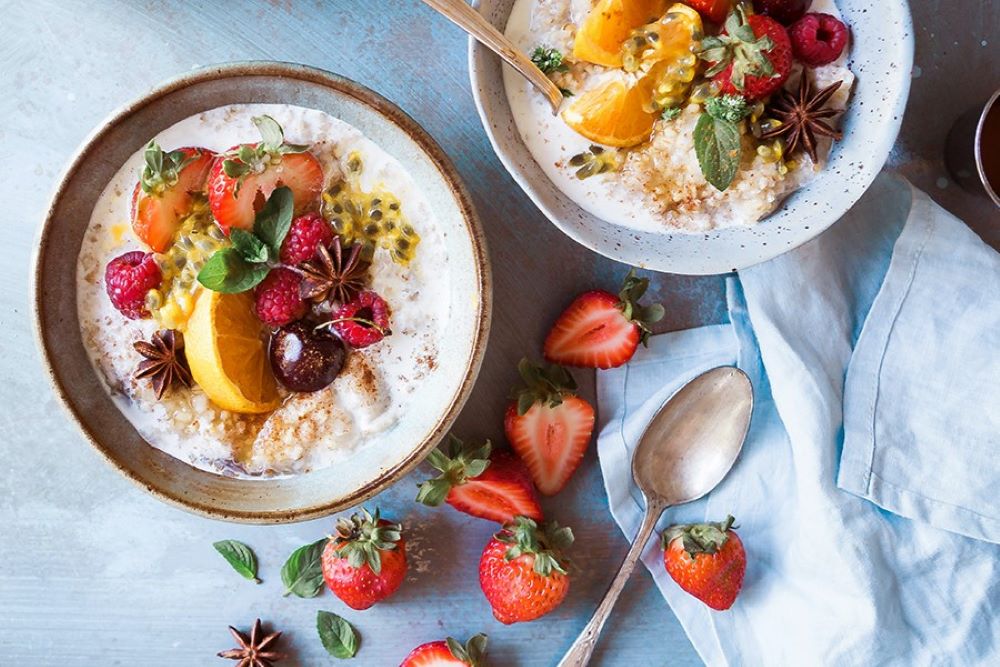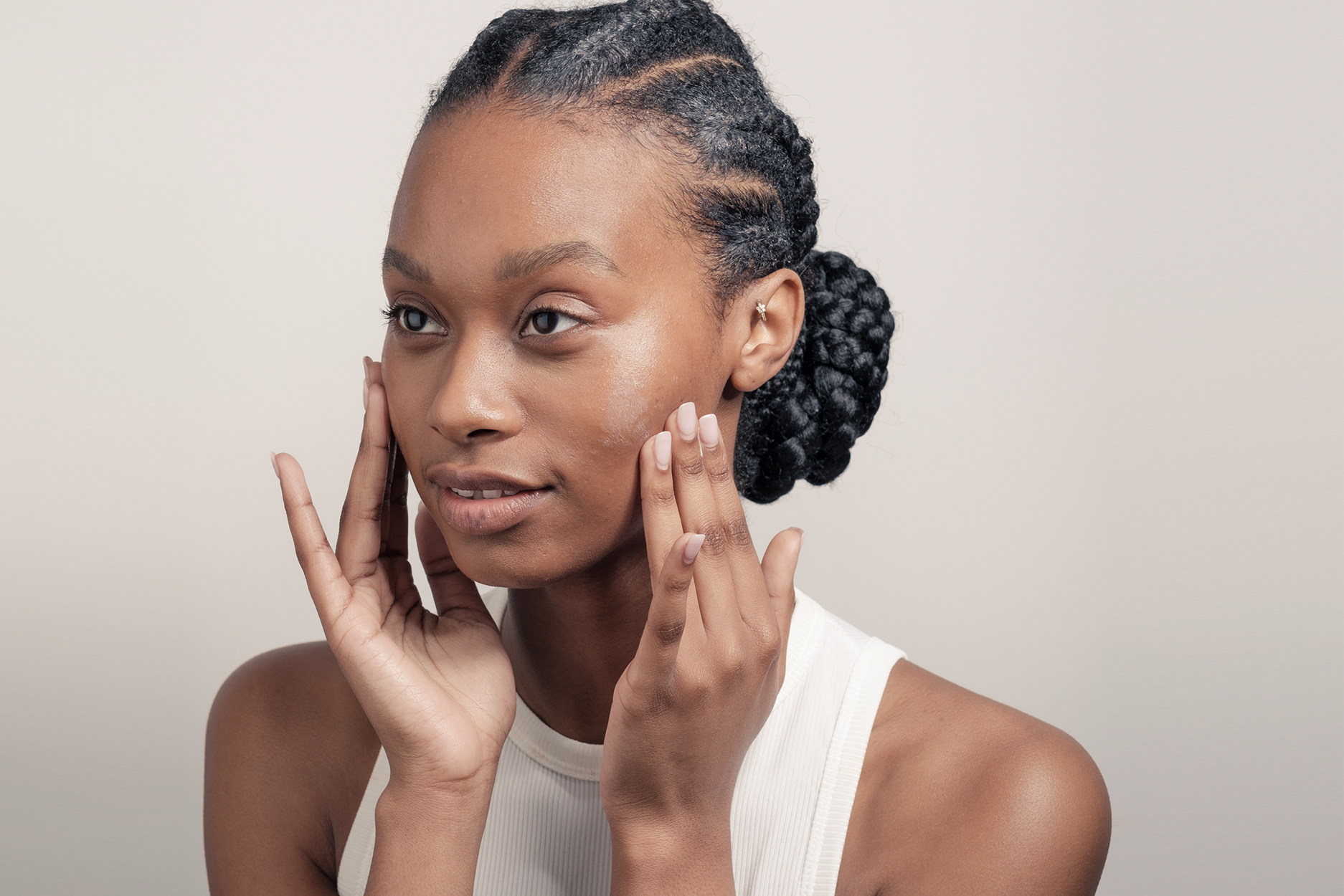Ask A Dermatologist: Can You Eat Your Way To Better Skin?

Link to share article here:
While the world has been topsy-turvy for the last year, women are still having babies, and life goes on on the maternity wards. While the basics of the job may have remained the same, things have changed on maternity wards during the pandemic. Here, three midwives tell us what it’s like giving birth in a pandemic, and give their expert advice for current parents-to-be.
How has midwifery changed due to the pandemic?
Megan has been a midwife for five years, and says that the job of being a midwife has changed drastically during the pandemic.
“Initially, it meant that midwives couldn’t see their women for appointments and were having to complete assessments over the phone. We still aren’t able to see the women at their homes as often as we normally would, particularly during the postnatal period. This ultimately may affect factors such as mental health, bonding, breastfeeding success and an increase in wound infections and neonatal jaundice. Obviously staffing has never been worse in the NHS meaning continuity hasn’t been amazing during this past year for either the woman or the midwife. A lot of midwives have had to go off shielding or with Covid meaning it has been a really challenging and stressful year for everybody. Women have seen many different community midwives during their pregnancy with a number of women unsure of who their named midwife actually is.
Wearing constant PPE has obviously been a huge change for midwives too! Myself and a lot of my colleagues have noticed our skin has not been as clear as it used to be. Probably a combination of wearing constant PPE, stress and not drinking enough water on shift! When staffing is bad it ultimately means we do not get a break for 12 hours so morale has been low.
Working with such restrictions has been difficult for all staff and women. However we continue to strive to provide safe and effective care for the women and families who receive care from our hospital. I hope the women recognise that we are trying our best during really difficult circumstances, and that all front-line workers put themselves at risk every day to look after others. There is a lot of criticism regarding the NHS failures at the moment but it is mostly full of hard working, compassionate, and caring individuals who just want to help others and do our jobs to the best of our abilities.”
Charlotte qualified as a midwife five years ago, and says that communication has been a big struggle during the pandemic.
“My job has changed hugely due to the pandemic! So much of our job is communication, which doesn’t just mean talking. So much of that communication is through non verbal cues. This is obviously hindered by wearing a mask but also not having as many face-to-face consultations and carrying out some appointments over the phone. Pregnancy can understandably be a very anxious time for women and their partners – throw a pandemic in the mix and of course it makes things even harder for these women! Of course there is then actually caring for women who have tested positive for COVID – the majority of these women I have cared for have been asymptomatic so have felt absolutely fine – but of course this doesn’t make it any less scary for them. Plus supporting women in labour and delivering a baby wearing full PPE is a very hot and sweaty job!
Particularly at the beginning of the pandemic there was a lot of anxiety amongst the midwives – everything was new, no one knew what COVID was so we were all learning everyday how to deal with it and how best to advise women! We were all anxious as well about contracting COVID ourselves and the possibility of spreading it to the women we were caring for and of course taking it home to our friends and family. Emotions have been high but the team have come together more than ever to support each other. Personally I feel very lucky to be able to get out of the house and still come to work and have my work family to keep me (slightly) sane!”
Holly qualified as a midwife in September 2020 and has been thrown in at the deep end.
“I finished my midwifery training in September and started my first job as a qualified midwife in October. I am currently on rotation to gain experience in all areas of maternity care. I have completed my antenatal and postnatal ward placements and have my labour ward and birth centre placement to go!
Fortunately in maternity, services have continued as relatively normal. Although some of our services, such as a few antenatal appointments, are now provided over the phone to reduce the number of contacts. We have seen increased demands due to understaffing from staff shielding and isolating. We’re also required to wear PPE at all times, including a face mask, eye protection, gloves and an apron.”
How has giving birth changed for mums due to the pandemic?
Megan
“Due to the pandemic women have been unable to have their partners with them during scans, appointments and potentially even in labour (if they laboured and delivered before their partner arrived!). Although the restrictions have lifted slightly, partners are still not able to attend our emergency area meaning women are experiencing such worrying times on their own. In pre-covid times, women were allowed to have two birth partners but we are still only allowing one.
At the start of the pandemic, families with babies in special care were not allowed to have both parents to visit at the same time. It was limited to one parent at a time which must have been incredibly difficult. A year into the pandemic, families are still not able to have any visitors in hospital and in theory they should not have any visitors once they are home unless they are classed as being in their support bubble. Women with newborns have likely missed out on so much in regards to enjoying their maternity leave, attending mum and baby groups and seeing their health care professionals such as midwives and health visitors for support and advice. A woman and baby’s true wellbeing can’t be assessed over the phone.”
Holly
“Due to the restrictions, hospitals have changed their policies to reduce the number of people attending hospitals as low as possible. This has meant that many Mums have had to access services, like ultrasound scans and midwives appointments, alone. During the first few weeks of the pandemic I cared for a woman who had to give birth without the support of her partner as he had to stay at home to look after their other children as they didn’t have someone to share a support bubble with.
Since then, I have cared for many women following birth who have had to experience the first few days caring for their babies without the support of their partners. This has been a struggle for many women, particularly those separated from their babies in the neonatal unit and those who have experienced baby loss. It has brought about the #butnotmaternity campaign to advocate women’s rights to be allowed a partner with them at all stages of their pregnancy journey, however restrictions are still being applied in many hospitals. Being a midwife during this time has been incredibly demanding, as we have had to provide increased emotional support and reassurance with women suffering from increased levels of anxiety.”
What advice or reassurance would you give to soon-to-be-mums who may have to give birth under current restrictions?
Megan
“My advice would be to please don’t hesitate to contact your midwife/maternity unit if you have any concerns. Even though we are busy and short staffed, the women and babies wellbeing is our main priority. Remember the pandemic won’t last forever so use this time to enjoy spending time with your family and newborn before you have all the many many visitors! Try to think of the positives that living in your newborn bubble has. I know the stories of women attending appointments and delivering on their own are scary but I promise us midwives are there for you always!”
Charlotte
“I would say to all mummas-to-be that midwifery never stops! We’re here 24/7 to support you regardless of COVID, so please don’t hesitate to contact your midwife if you’ve got any questions or concerns! We may look a bit different wearing our masks but we are striving as much as possible to make your pregnancy and birth experience as normal as possible for you and your partner!”
Holly
“Having a baby is always a life-changing event but having a baby in lockdown undoubtedly comes with its challenges. Soon to be parents should use lockdown to their advantage by taking the opportunity to slow down, rest and prepare for the arrival of the baby without the pressure of normal life. New parents should use it as a special opportunity to bond with their baby without the pressure of going out, working or having visitors. It is important that they stay connected to their loved ones – have regular phone calls, send photos or postcards, and go for daily walks. Maternity services are always here for you! If Mums have any concerns about themselves, or the wellbeing of their unborn or newborn baby they should access support through their local maternity service 24 hour helpline.”
New to Skin + Me? Get your first month of personalised skincare for £4.99 with promo code DOSE – complete our quick consultation here.
Looking for a routine refresh? Add the Dream Routine to your Skin + Me subscription.
In need of a restock? Head to The Skincare Shop for one-off purchases of your Routine Essentials.



